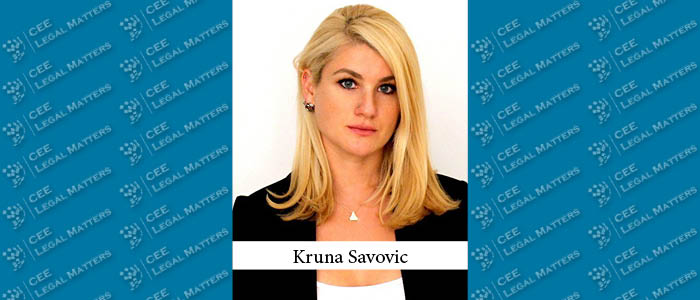On November 29, 2016, CEELM reported that the Mareshki Medicines retail chain had been successful in the two-year litigation at the Supreme Administrative Court of Bulgaria, which resulted in the repeal of anti-competitive provisions on prescribing and dispensing medicine in Bulgaria's Ordinance No 4. We asked Irena Georgieva, In-house Attorney at Mareshki, to explain what happened.
CEELM: According to Dimitrov, Petrov & Co., there were "unlawful and anti-competitive provisions” within Bulgaria's Ordinance No. 4. What were those and how did they impact your business?
I.G: The provisions affecting our business are related to:
A lot of administrative requirements for processing patient prescriptions which were not related to dispensing medicines and consulting patients but served purely accounting purposes. Thus service to patients was slowed down unreasonably;
Setting minimal time limits for processing patient prescriptions/medical documents and putting a maximum limit to the number of prescriptions that a pharmacy may administer, depending on: (i) the number of pharmacists working in the pharmacy and (ii) their working hours. Thus, if a pharmacy has reached the maximum number of prescriptions for the day, patients were to be sent away and redirected to another pharmacy;
All these limitations were introduced only for prescriptions for medicines subject to reimbursement by the National Health Insurance Fund, which created unjustified discrimination between those patients entitled to reimbursable medicines and everyone else (with prescription for medicines for which no reimbursement was provided). Because there were no administrative requirements for the latter, the service of these patients was much faster.
CEELM: We understand from Dimitrov, Petrov & Co., the firm "applied for both a competition advocacy before the Commission for the Protection of Competition and in parallel proceedings before the Supreme Administrative Court for challenging unlawful and anti-competitive provisions of Ordinance No. 4 concerning the dispensing of medicines.” How did these two claims in parallel play out and which of the two bodies eventually award you the result of repealing provisions aimed at limiting the competition within Ordinance No.4?
I.G: The application for competition advocacy was filed first. Since the Commission for Protection of Competition (CPC) does not have the powers to repeal the provisions, an administrative complaint was also filed. The decision of CPC stating that the clauses had significant anti-competitive implications was issued before the completion of the court procedure. The CPC’s decision was important because the Supreme Administrative Court, when repealing the said provisions as unlawful, referred to the CPC’s decision as one of its justifications.
CEELM: What were the main reasons you chose Dimitrov, Petrov and Co. as your representative firm in this case?
I.G. Dimitrov, Petrov and Co. has been our ongoing legal counsel on all aspects of the pharmacy business for more than six years now. The team has profound knowledge of the regulatory requirements concerning the operation of pharmacies, especially the issues related to the reimbursement of medicines by the National Health Insurance Fund. For all those years, the team has shown commitment, in-depth expertise, and constant search for innovative and alternative approaches to solving the issues.
CEELM: What type of preparation was needed to build your case in front of the two bodies and how did you split that work with the firm?
I.G: Since Dimitrov, Petrov and Co.’s team was familiar with the way our pharmacies operate from our previous work with them, we explained very easily how the limitations affected our business. We also provided the law firm with the relevant contracts, statistics, and other operational information which they requested in order to support their legal arguments. All the legal paperwork such as drafting and submitting the necessary applications, complaints, statements, and other submissions, attending the hearings, as well as the correspondence with the relevant competitive and regulatory authorities was assigned to the law firm.
CEELM: What affect do you believe this ruling will have on the pharmaceutical retail sector as a whole in the country?
I.G: It will relieve the pharmacies from unnecessary administrative requirements to dispense medicines subject to reimbursement by the NHIF to patients – as a result of which service will be faster and more efficient. We hope that, after the repeal, the competent authorities such as the Ministry of Health, the National Health Insurance Fund, and other administrative/regulatory bodies will refrain from setting unreasonable and unjustified requirements for pharmacies when it comes to dispensing medicines that are subject to reimbursement. The pharmacies will not face sanctions for not meeting formal requirements and will be able to organize their personnel in the most efficient way.






























